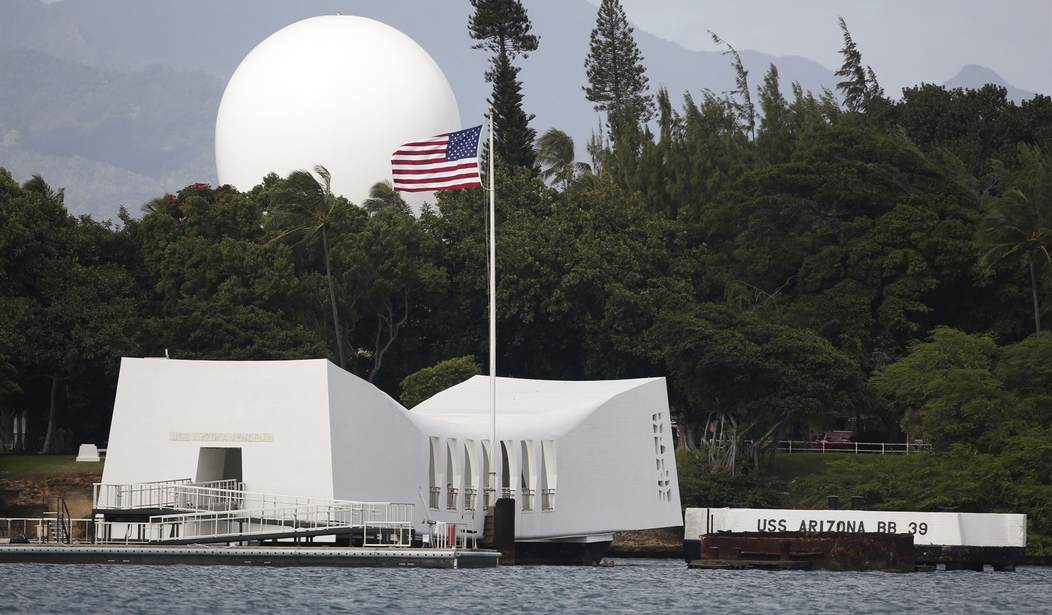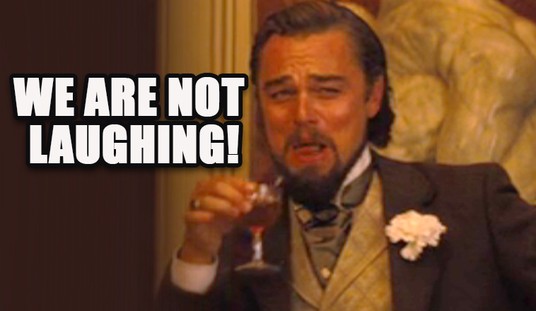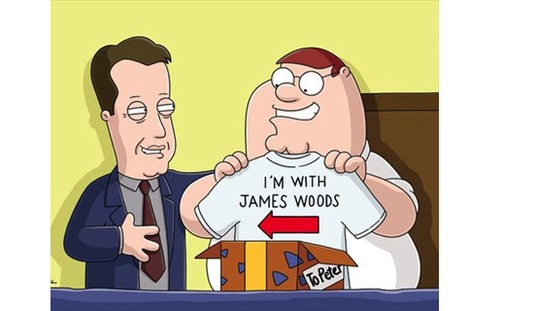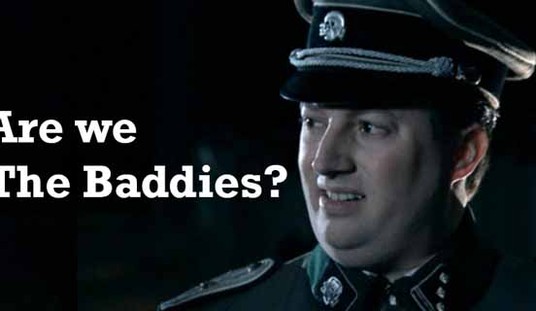December 7, 1941 was one of the most pivotal days in American history. Overnight, America was drawn fully into World War II while being dealt a terrible blow to her military capabilities.
On this solemn #PearlHarborRemembranceDay, we pay tribute to the courage and resilience of those who faced unimaginable adversity 82 years ago.
— Department of Defense 🇺🇸 (@DeptofDefense) December 7, 2023
Their sacrifice echoes through history, reminding us to cherish freedom and honor the fallen. pic.twitter.com/lwLCQ9vouo
Over 2,400 servicemen were killed, and there are few left who were at Pearl Harbor that fateful day.
December 7, 1941.#PearlHarborRemembranceDay #HonorCourageCommitment#WeRemember 🇺🇸🫡
— U.S. Navy (@USNavy) December 7, 2023
Learn more: https://t.co/JY78JLtEOi pic.twitter.com/WXj9c05EXa
From the U.S. Navy:
The 7 December 1941 Japanese raid on Pearl Harbor was one of the great defining moments in history. A single carefully-planned and well-executed stroke removed the United States Navy's battleship force as a possible threat to the Japanese Empire's southward expansion. America, unprepared and now considerably weakened, was abruptly brought into the Second World War as a full combatant.
Eighteen months earlier, President Franklin D. Roosevelt had transferred the United States Fleet to Pearl Harbor as a presumed deterrent to Japanese aggression. The Japanese military, deeply engaged in the seemingly endless war it had started against China in mid-1937, badly needed oil and other raw materials. Commercial access to these was gradually curtailed as the conquests continued. In July 1941 the Western powers effectively halted trade with Japan. From then on, as the desperate Japanese schemed to seize the oil and mineral-rich East Indies and Southeast Asia, a Pacific war was virtually inevitable.
By late November 1941, with peace negotiations clearly approaching an end, informed U.S. officials (and they were well-informed, they believed, through an ability to read Japan's diplomatic codes) fully expected a Japanese attack into the Indies, Malaya and probably the Philippines. Completely unanticipated was the prospect that Japan would attack east, as well.
The U.S. Fleet's Pearl Harbor base was reachable by an aircraft carrier force, and the Japanese Navy secretly sent one across the Pacific with greater aerial striking power than had ever been seen on the World's oceans. Its planes hit just before 8AM on 7 December. Within a short time five of eight battleships at Pearl Harbor were sunk or sinking, with the rest damaged. Several other ships and most Hawaii-based combat planes were also knocked out and over 2400 Americans were dead. Soon after, Japanese planes eliminated much of the American air force in the Philippines, and a Japanese Army was ashore in Malaya.
These great Japanese successes, achieved without prior diplomatic formalities, shocked and enraged the previously divided American people into a level of purposeful unity hardly seen before or since. For the next five months, until the Battle of the Coral Sea in early May, Japan's far-reaching offensives proceeded untroubled by fruitful opposition. American and Allied morale suffered accordingly. Under normal political circumstances, an accommodation might have been considered.
However, the memory of the "sneak attack" on Pearl Harbor fueled a determination to fight on. Once the Battle of Midway in early June 1942 had eliminated much of Japan's striking power, that same memory stoked a relentless war to reverse her conquests and remove her, and her German and Italian allies, as future threats to World peace.
Recommended
It's important we don't forget.
On the 82nd anniversary of the attack on Pearl Harbor, wreaths were placed at the WWII Memorial in tribute to the 400,000+ Americans who died during WWII, including the 2,403 sailors, soldiers, civilians killed in the attack & their loved ones #PearlHarborRemembranceDay pic.twitter.com/fs9Qjy75L2
— National Memorial Day Concert (@MemorialDayPBS) December 8, 2023
Today, we honor the nearly 3,000 U.S. sailors, military personnel, and civilians who were killed on December 7, 1941. #PearlHarborRemembranceDay pic.twitter.com/zegBs1qLJq
— Attorney General Andrew Bailey (@AGAndrewBailey) December 7, 2023
Today marks a solemn moment in history as we remember the lives lost and the bravery shown on December 7, 1941, at Pearl Harbor. We honor the heroes who sacrificed everything and reflect on the resilience that united our nation in the face of adversity. #PearlHarborRemembranceDay pic.twitter.com/yxmLc7uQLD
— Lt. Governor of Virginia - Winsome Earle-Sears (@WinsomeSears) December 7, 2023
Dec 7, 1941
— Golden Advice 🇺🇲🇺🇲🇺🇲 (@RichardStiller4) December 7, 2023
The Japanese made a critical mistake by attacking Pearl Harbor when none of the seven US aircraft carriers were in port, including the USS Enterprise.
Enterprise would go on to be the most decorated ship of WWII. #PearlHarbor #PearlHarborRemembranceDay 🇺🇸 pic.twitter.com/6uXSb62kGG
Things could have been a lot worse had the aircraft carriers been in port.
I grew up living in Pearl City, right above the harbor. In those days ('62-65) we were still finding unexploded Japanese ordnance and spent bullets in our yards. #PearlHarborRemembranceDay
— Michael Walsh (@TheAmanuensis) December 7, 2023
20 years later and they still found ordnance from the Japanese attacks.
Sunrise over Battleship Row. @USSArizona #PearlHarbor82 #PearlHarborRemembranceDay #PearlHarbor pic.twitter.com/05WmL72x8d
— Franklin Clay (@frankstah) December 7, 2023
The USS Arizona is still leaking oil eight decades later.
Today marks 82 years since the attack on Pearl Harbor—where over 2,300 U.S. servicemembers lost their lives, and a nation was changed forever.
— Sen. Lisa Murkowski (@lisamurkowski) December 7, 2023
On this #PearlHarborRemembranceDay, we reflect on the bravery and sacrifice of our military members during WWII. pic.twitter.com/M6Zdaz9SN1
#OTD 1941,A Message from Pearl Harbor
— Tom's Old Days (@sigg20) December 7, 2023
that changed the World forever.#WWII #PearlHarborRemembranceDay #1940s pic.twitter.com/QhDjF3MPFB
'This is not a drill.'
Today, the #FBI joins the country in remembering and honoring all the civilians and service members who lost their lives in the attack on Pearl Harbor #OTD 82 years ago. #PearlHarborRemembranceDay #PearlHarbor82 pic.twitter.com/b16Wccnhez
— FBI (@FBI) December 7, 2023
On this day, we remember and honor the lives lost during the attack on Pearl Harbor on December 7, 1941. We pay tribute to the bravery and sacrifice of the servicemen and civilians who were affected by this tragic event. Let us never forget. #PearlHarborRemembranceDay pic.twitter.com/zN9jxtKGgx
— Melissa Hardy (@Hardy4NV) December 7, 2023
Today we remember the fallen who lost their lives during the attack on Pearl Harbor, but let us also remember and honor those who avenged their deaths and defended our freedom.
— Rep. Brian Seitz (@RepSeitz156) December 7, 2023
“May God have mercy upon my enemies, because I won’t.” – George S. Patton#PearlHarborRemembranceDay pic.twitter.com/x5IKZXCBv2
We cannot forget what happened in Pearl Harbor, especially as those who were there to witness it are lost to the ravages of time. That history cannot be buried with them. It's too important.
Fair winds and following seas, sailors.
Thank you for your service.
***
Editor's Note: Do you enjoy Twitchy's conservative reporting taking on the radical left and woke media? Support our work so that we can continue to bring you the truth. Join Twitchy VIP and use the promo code SAVEAMERICA to get 40% off your VIP membership!
























Join the conversation as a VIP Member